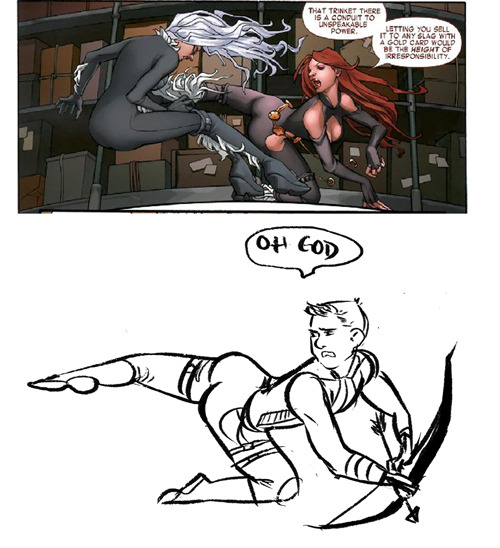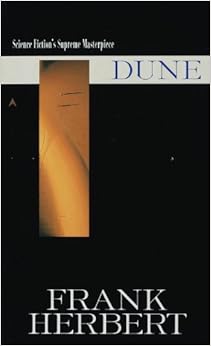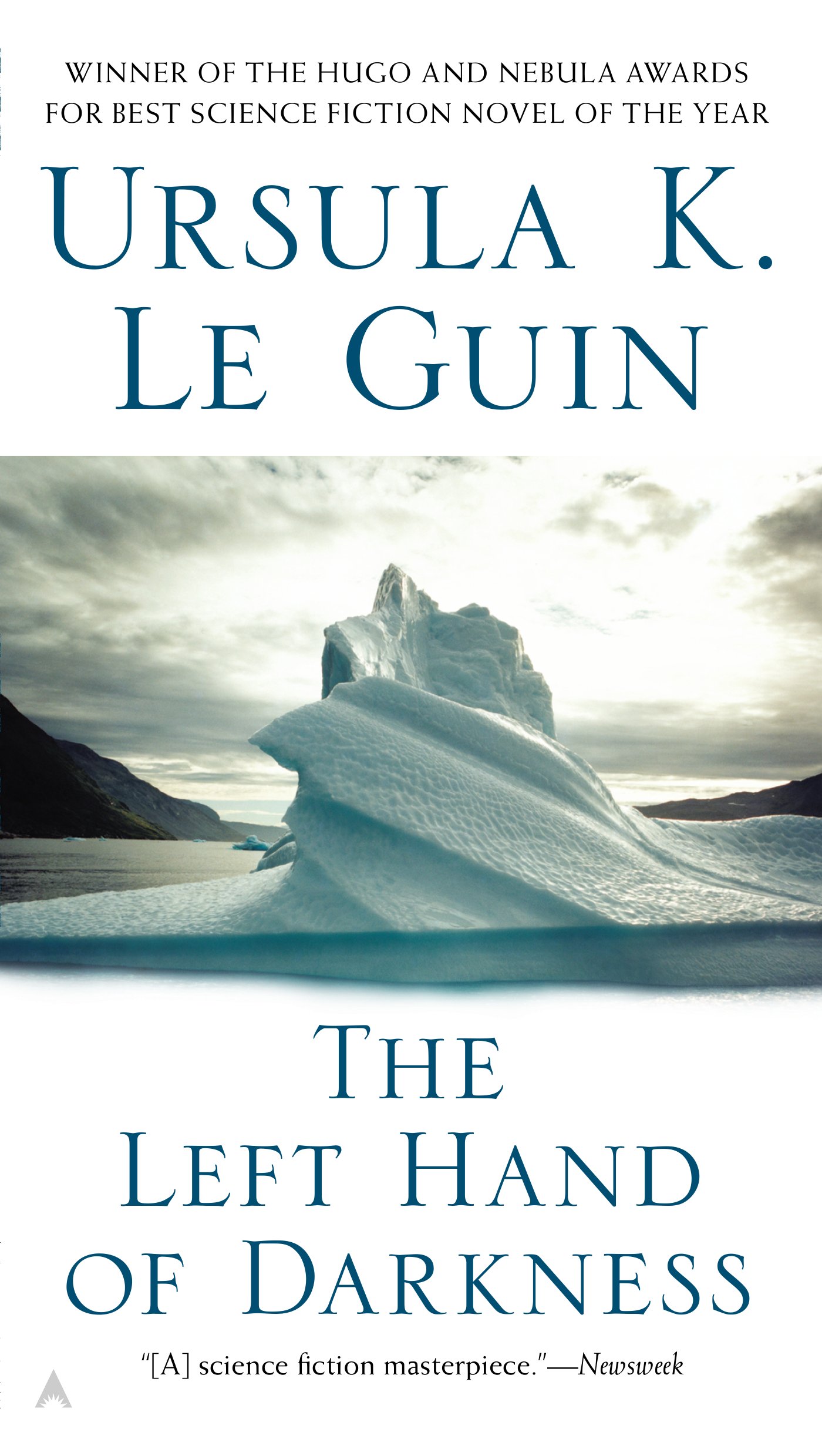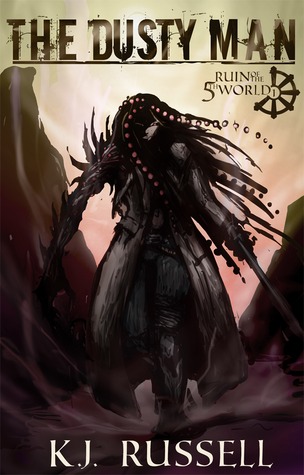And in pretty much the exact same way they did last time, too. Here's what happened this year at Denver Comic Con. To recount briefly, DCC thought it would be a brilliant idea to run a "Women in Comics" panel discussing the history or portrayal of women in comic books, and include absolutely no women on the panel. Predictably, the men on the panel were somewhat out of touch on the issue. I'm not saying that men cannot advocate for positive portrayal of women -- that would be hypocritical -- but when the absence of female creators in comics is one of the primary causes of the problem in the first place, not including women in the discussion is the kind of oversight that demonstrates you have absolutely no grasp on the issue. During Writespace's Comicpalooza panel on tropes in cliches in SFF, the issue of female stereotypes came up, and for a very good reason I kept my mouth shut on the issue until the women on the panel were done talking and then ventured my own points on the destructive role that gender cliches play in the industry.
Here's what makes this more terrible: this has happened before and failed to generate the same media response. I was there in 2013 when a panel on the same subject managed to argue points so unthinkably self-defeating that I just can't. even. stand to remember them. Maybe if the media had been paying more attention in 2013, history wouldn't have repeated itself. DCC obviously didn't listen to the complaints that myself and other attendees made at that time.
I do want to mention that I don't agree with Geeky Goth Girl in holding the women on the 2013 panel blameless. I recall that the women did their own share of body-shaming during the panel, accusing women in the audience of objecting to the sexualization of the female image only because they are frustrated by their own bodies and that they should just get over it. One female attendee told me after the 2013 panel, anorexia and body-image issues triggered by media representation is not something you just get over. I feel like the attendee who told me this is probably correct.
The 2013 panel moderator, I think, also failed in their task of moderation. On the other hand, I'm male, so don't know what it's like to be a woman tasked with having to moderate a man twice your size slamming chairs on the stage as an intimidation tactic to make people in the audience shut up. I don't think anyone in that room was having any fun.
But what I really have to wonder is if something like this happened in 2014 that I wasn't there to see and that fell below the radar as well? In 2014 I was busy moderating Comicpalooza's panel of Gender in Science Fiction, a beautifully constructive panel that included my friends D.L. Young and Keri Bas (and others, someone remind me?) and went so smoothly that I'm still getting positive feedback a year later. I wasn't able to attend this year's Women in Fantasy panel at Comicpalooza, but I don't hear any muttering (correct me if I'm wrong).
DCC is defending this very obviously ill-advised all-male panel that they've put on. It makes me wonder if they're just trying to save face and are going to fix their act before next year comes around, or if this pattern of behavior is going to continue.
Maybe next year people should fly down to Houston for Comicpalooza instead of going to Denver so that we can show them some respect and actually have a conversation about the issues. What do you guys think?
Here's another article on DCC's 2015 panel for further reading which makes some very unfortunate observations about con and industry trends that are completely correct and need to be brought into common knowledge. Apparently a round-table of woman panelists managed to get together on the last day to try and right some amount of the wrong that was done, but that doesn't reverse DCC's gaff or the duty of conventions like DCC to do so much better. I have to hand it to Comicpalooza: every panel I was on this year had woman writers, scientists and voices represented. Hopefully other Comicpalooza panelists experienced the same, and hopefully that's a trend that we'll see more of.
 |
| From: http://thehawkeyeinitiative.com/ |






